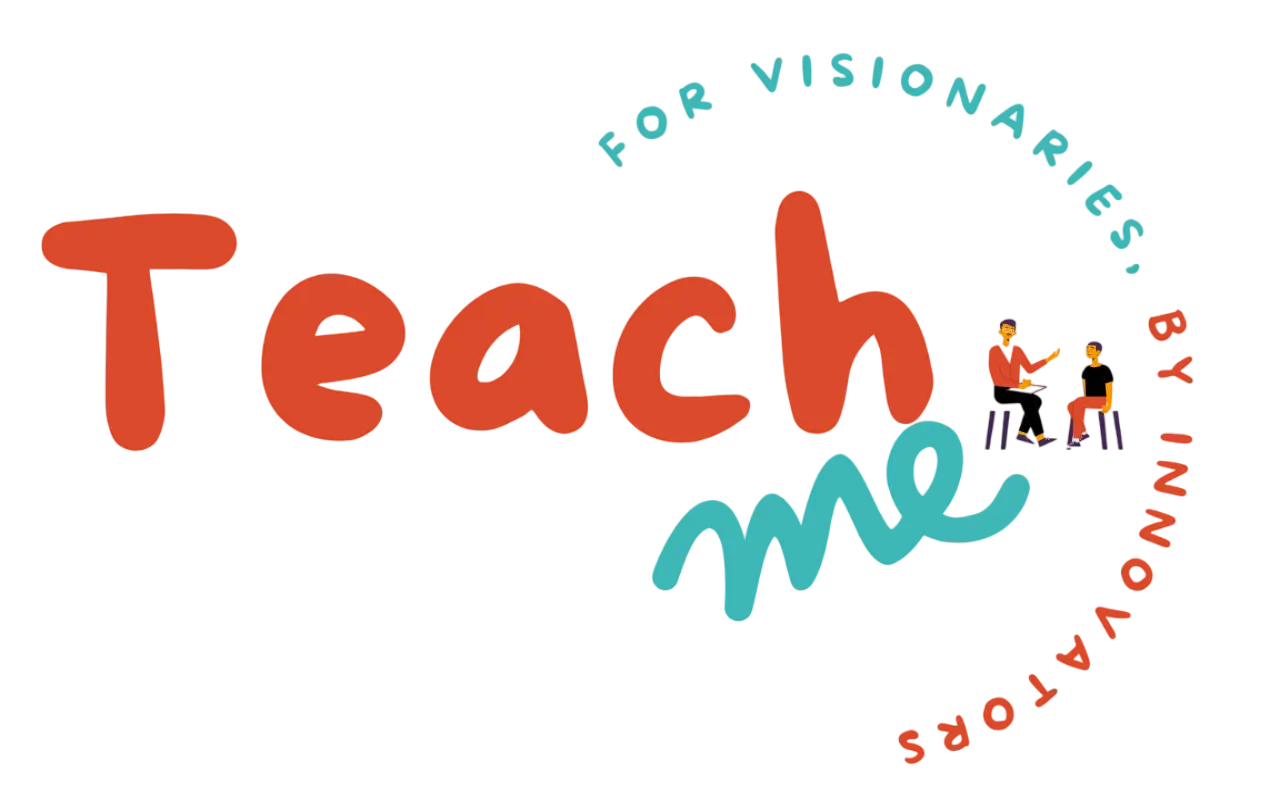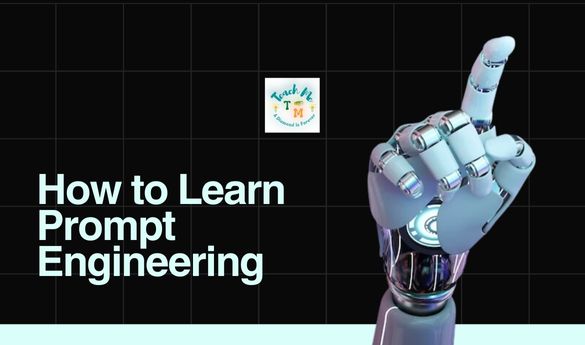To become proficient in prompt engineering, combine theoretical knowledge with practical experimentation. Here’s a structured approach to learning:
- Study AI Models: Gain a solid understanding of AI language models, their architecture, and typical use cases. Resources like OpenAI’s documentation, research papers, and tutorials provide valuable insights.
- Experiment with Prompts: Practice crafting and testing different prompts using platforms that offer access to language models. Start with simple prompts and gradually experiment with more complex ones.
- Analyze and Iterate: Evaluate the AI’s responses, identify areas for improvement, and refine your prompts. Hands-on practice is crucial for developing an intuitive sense of effective prompt design.
- Learn from Examples: Review examples of successful prompts shared by the AI community. Online forums, GitHub repositories, and AI-focused blogs are excellent sources of inspiration and guidance.
- Join AI Communities: Engage with AI practitioners and researchers through online communities and forums. Platforms like Reddit, Stack Overflow, and specialized AI forums are great for asking questions, sharing experiences, and learning from others.
- Take Online Courses and Workshops: Enroll in courses that cover prompt engineering and related AI topics. Educational platforms offer comprehensive courses on AI, machine learning, and natural language processing (NLP).
- Read Books and Articles: Explore books, articles, and blog posts about AI and prompt engineering. This literature provides both theoretical knowledge and practical tips.
- Participate in Competitions and Challenges: Joining AI competitions and challenges offers practical experience and exposes you to new ideas and techniques.
Conclusion
Prompt engineering is a powerful technique for unlocking the potential of AI language models. By understanding the model’s capabilities, managing context effectively, and iteratively refining prompts, you can guide AI to generate accurate and relevant responses. Embrace the learning journey through experimentation, community engagement, and continuous improvement to become proficient in this essential AI discipline.


